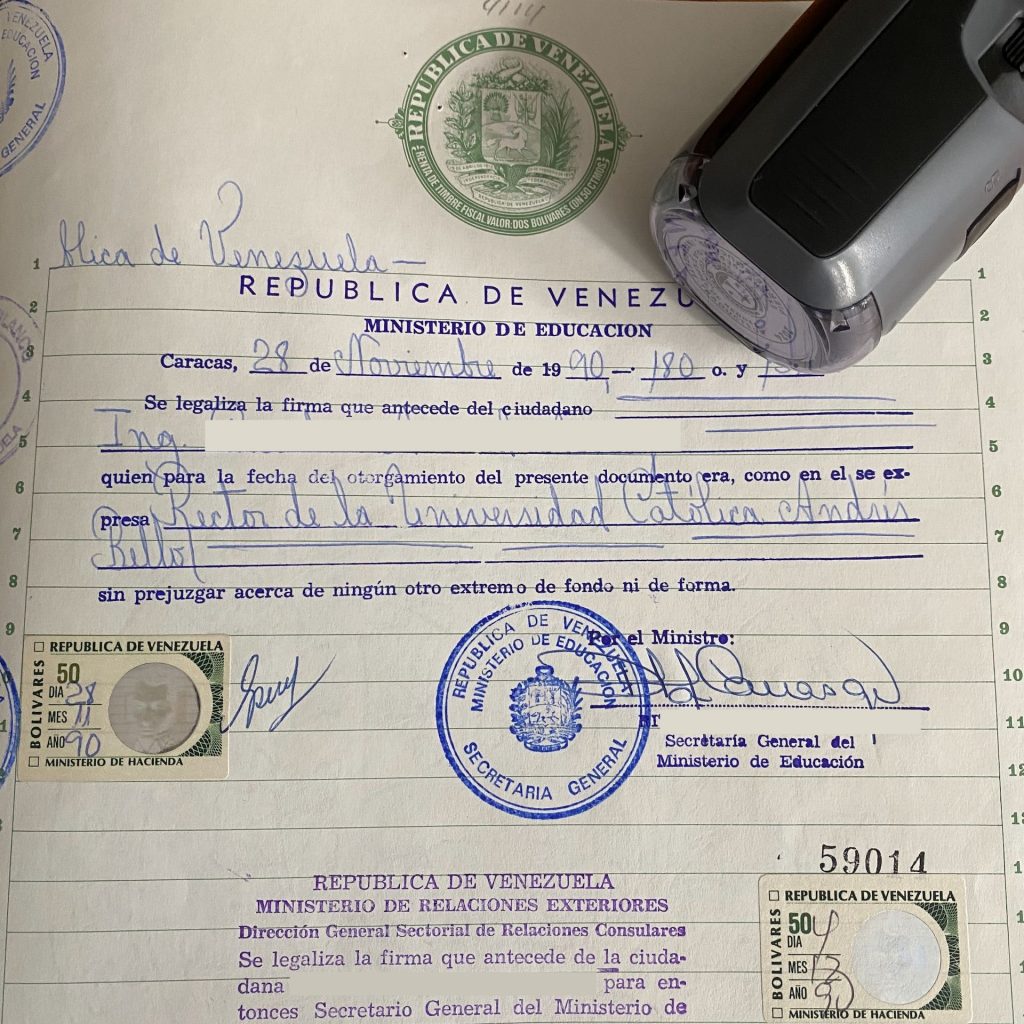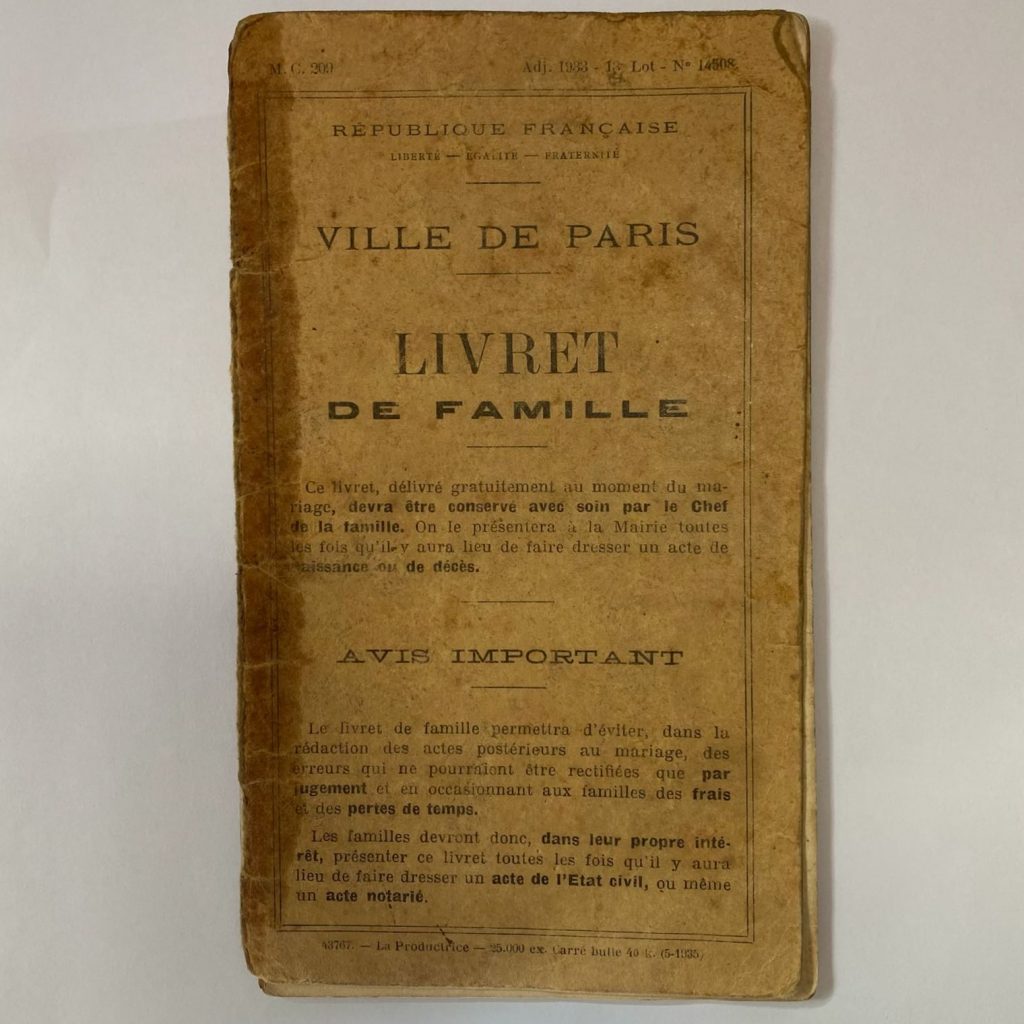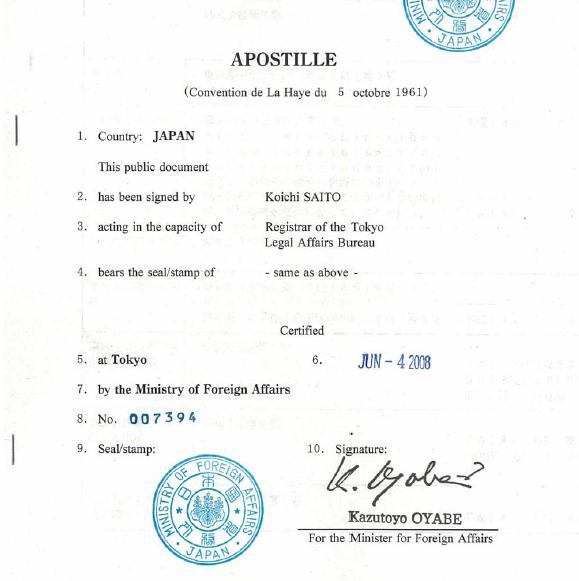What is a sworn translation?
A sworn translation is the translation of a document carried out by a translator officially recognized by the State and registered on a list established by a Court of Appeal. The “expert translator-interpreter” stamps and signs the translated document, giving it the same legal value as the original.
This type of translation is generally required for official documents such as:
- Civil status records (birth, marriage, death)
- Diplomas and transcripts
- Court decisions
- Contracts and company statutes
- Notarized deeds for inheritance
Legal Framework
The profession of sworn translator is not governed by a professional order but by the status of judicial expert.
The legal basis is found in the Code of Civil Procedure (Articles 232 to 248) and the Code of Criminal Procedure (Articles 157 and following), which provide for the use of experts when the judge requires specific technical skills, including translation.
The registration of translator-interpreters is governed by Decree No. 2004-1463 of December 23, 2004, relating to judicial experts.
Each year, a national list is published in the Official Journal, but each Court of Appeal manages its own registrations and renewals.
The expert translator takes an oath before the Court of Appeal upon registration, hence the term “sworn translation.”
How to become a sworn translator
Contrary to popular belief, there is no specific mandatory diploma to become a sworn translator in France. However, candidates must demonstrate their language skills, experience, and integrity.
The procedure includes:
- Submitting an application to the Public Prosecutor
- Review of the file by a commission
- Possible registration on the Court of Appeal’s list for a five-year probationary period
- Taking the oath before the court
At the end of this period, the expert may apply for permanent registration, renewable every five years.
Why is it essential?
Authorities and courts require sworn translations to ensure the authenticity and accuracy of documents. A simple translation, even by a qualified professional, does not carry this official value.
For example, to submit a marriage application with a foreign spouse, the civil registrar will require documents translated by a sworn translator. Similarly, a French university may demand a certified translation of a foreign diploma for student enrollment.
Conclusion
Sworn translation is a key element in the movement of people and goods in a globalized world. In France, it is based on a precise legal framework, guaranteed by the intervention of judicial expert translators registered with the Courts of Appeal.
For any administrative or legal procedure involving foreign documents, it is therefore essential to use a sworn translator. The list of experts can be consulted on the websites of the Courts of Appeal or in the Official Journal.







